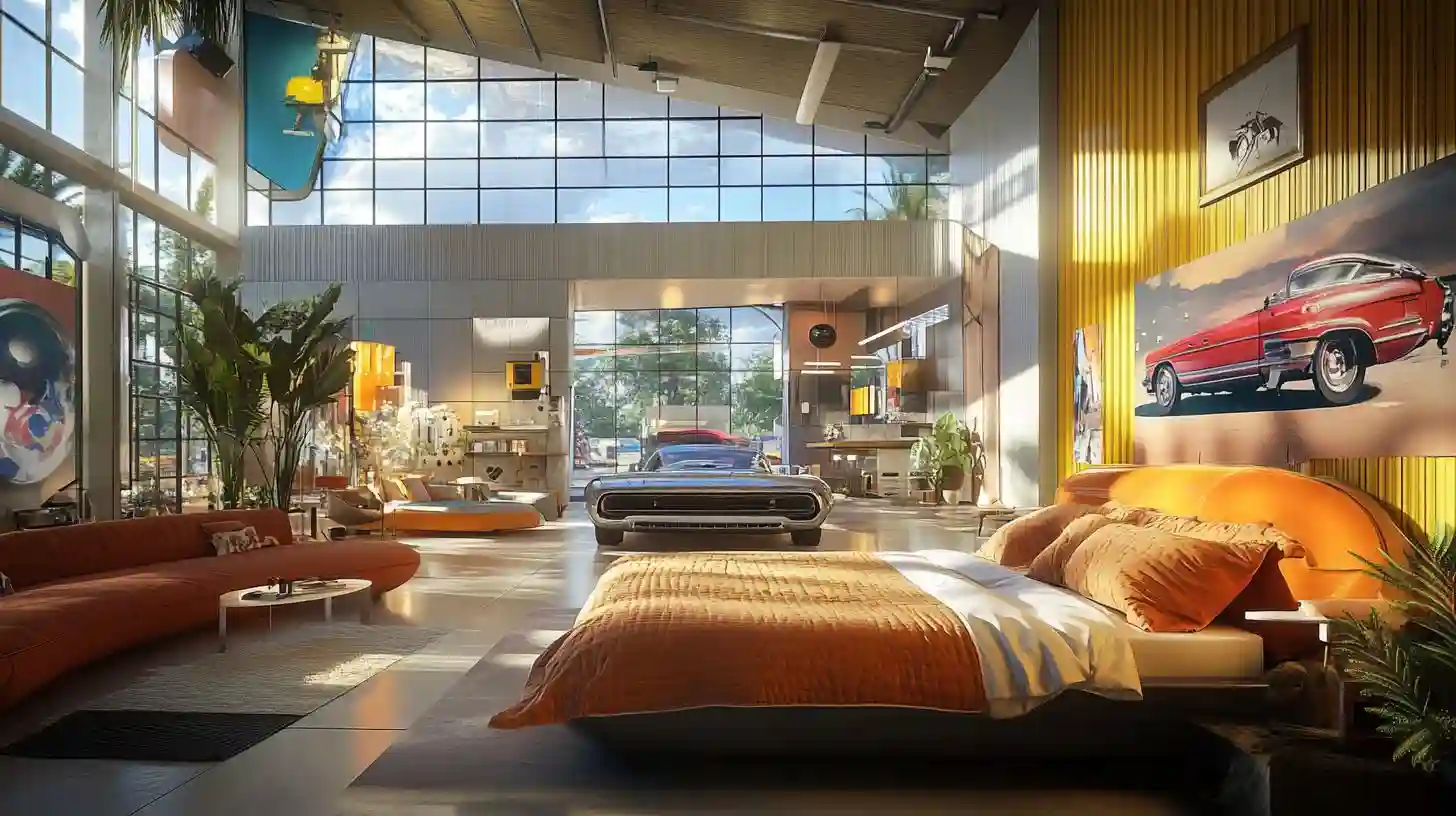
Thoughtvaultzone

As travel continues to evolve in the modern age, so too does the concept of accommodation. Gone are the days when hotel lobbies marked the only points of entry into a temporary home. Increasingly, travelers are seeking convenience paired with novel experiences, leading to the rise of motor hotels, or car hotels, which provide the unique opportunity to combine the comfort of lodging with motoring convenience. This forward-thinking approach reflects an agile response to the ever-changing desires of travelers who want to experience freedom and flexibility in their journeys.
Motor hotels offer a unique solution to the contemporary urban and rural traveler alike. They are efficiently designed, blending the functionality of parking with the essence of hospitality. These establishments typically feature rooms with direct access to parking spaces, enabling guests to unload without much hassle and giving a sense of comfort and security that comes from being close to one’s vehicle. As more people opt for road trips over air travel, this model is particularly attractive due to its inherent convenience and ease.
The evolution of this industry is not solely about function but also about the experience. Modern motor hotels integrate advanced technologies that appeal to today’s tech-savvy travelers. High-speed internet access, mobile check-ins, and digital room keys are becoming standard offerings. This tech-forward approach complements the needs of those who may be traveling for business or leisure while still wanting to stay connected. Environmental considerations are also influencing the design and operation of these venues. An increasing number of motor hotels are adopting sustainable practices, utilizing solar power, water-saving fixtures, and eco-friendly materials to appeal to eco-conscious travelers.
The design of motor hotels has experienced a renaissance, moving beyond the traditional utilitarian paradigms. With contemporary aesthetic sensibilities, many motor hotels now emanate a boutique charm that rivals more traditional accommodations. Unique architectural designs, vibrant interiors, and local cultural influences can create an inviting atmosphere differentiating these hotels from their more conventional counterparts. By focusing on creating a visually appealing environment, car hotels can transform mere stopovers into memorable parts of a traveler’s journey.
Another marked trend is the growing interest in community-driven experiences. Motor hotels are increasingly recognizing the importance of connecting guests with local flavor. This includes on-site dining that features local cuisine, partnerships with nearby attractions for tours, and events that reflect the culture and history of the area. By forging these connections, motor hotels not only benefit from increased guest satisfaction but also contribute to the local economy, thus creating a win-win situation for all parties involved.
Business travelers are also shifting their preferences towards venues that provide flexibility and cost-effectiveness. With the advent of remote work, the lines between leisure and business travel continue to blur. Motor hotels can cater to this trend by offering flexible booking systems, meeting spaces equipped with the latest technology, and comfortable working environments. The ability to park close to one’s room can also facilitate the seamless transition between work and leisure, contributing to an overall positive travel experience.
Social media is shaping the way potential guests view motor hotels. A well-curated online presence and engaging customer interactions can significantly enhance a hotel’s appeal. Aesthetic spaces conducive to social media sharing can serve as powerful marketing tools. A little old-fashioned charm, intertwined with modern facilities, piques interest on platforms showcasing travel experiences. Personalization is key; guests increasingly desire experiences tailored to their preferences. Motor hotels that can adapt quickly to changing trends will likely perform better in an overly saturated market.
In the years to come, one can expect further innovations in the motor hotel landscape, facilitated by advancements in technology and shifts in societal behavior. With the rise of electric vehicles comes the necessity for charging stations, which can effectively become an integral part of the design and appeal of modern motor hotels. As the hospitality industry collectively pivot towards accommodating tech-driven travel experiences, the integration of smart room technologies and mobile applications will make navigating, booking, and enjoying a stay more streamlined.
Motor hotels are not just a passing trend; they signify a shift in the travel paradigm. The demand for flexibility, comfort, connectivity, and local flavor will shape the future of this burgeoning sector in unexpected and innovative ways. As travel habits continue to evolve, motor hotels are well-positioned to set the standard for the next generation of hospitality, paving the way for an exciting era in accommodation. The road ahead looks promising, ushering in a new phase for car hotels and their guests alike, embodying the spirit of adventure, freedom, and modern travel experiences that are just around the corner.